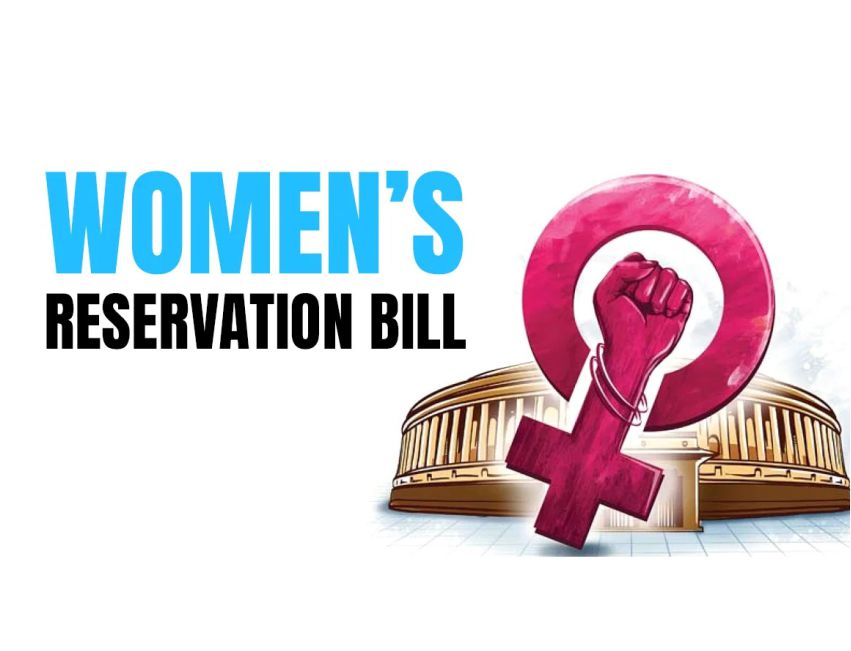The hunger games: Entire restaurant industry in India is still starving!

- Paresh Trivedi
- 13 Sep, 2023
Once a thriving and important part of the social fabric of the country, currently battling to exist due to severe government compliances and a lack of adequate aid or amnesty initiatives. The restaurant sector in India has long been an important aspect of the country's culture, providing both locals and tourists with different cuisines and distinctive dining experiences. However, in recent years, this once-thriving industry has faced a number of problems, including tight government regulations, taxation laws, and economic considerations. The Goods and Services Tax (GST) was implemented in July 2017 and has a substantial influence on the industry. While GST was intended to simplify taxation, some restaurants encountered difficulties in applying the new tax system and changing their prices accordingly. Furthermore, various GST rates were applied to different types of f&B commodities, complicating matters for all.
Although laws and compliances are necessary for maintaining the food industry's safety and hygiene standards, the restaurant industry in India has been saddled by a complicated web of rules that can be onerous for business owners. The bureaucracy in running a restaurant has become increasingly complicated, from obtaining licences to conforming to food safety requirements. The compliance procedure not only takes a large amount of time and money, but it also presents difficulties for businesses who lack the financial means to traverse this bureaucratic maze. Corrupt authorities have also been a grave concern for the food and beverage industry, as they impede the ease of doing business, particularly for small and medium-sized restaurants.
The restaurant industry was among the hardest hit by the COVID-19 epidemic, which caused havoc on the worldwide economy. Restaurant revenues were badly hurt by irregular lockdowns, a shortage of consumers, and a lack of financial help or amnesty initiatives. Many nations drew out comprehensive aid packages to assist afflicted industries, but in India, the restaurant industry was left in the dark. Despite being an important contributor to the country's economy and employment generation, the restaurant industry has received little or no support and due to a lack of financial cushion during lengthy times of reduced footfall and revenue, more than 60% establishments were forced to close down.
Post pandemic, to avoid irreparable loss of cultural and economic values, some immediate actions are required. The Indian government should consider simplifying and streamlining the compliance procedure. Restaurant businesses would benefit immensely from a single set of regulations that are simple to understand and apply across all states. The government should also adopt dedicated financial aid and tax relief measures for eateries, particularly during disasters. Creating a representative body that advocates for the interests of the restaurant industry will bridge the gap between businesses and the government, ensuring more balanced and helpful welfare measures.
Restaurants need imaginative solutions and flexible techniques to survive in the face of rising prices and unstable economic situations. The willingness to innovate, incorporate technology, and embrace sustainability will surely be critical in determining the fate of these businesses. Even if the road ahead is paved with obstacles, restaurant owners' persistence and dedication should help to protect the rich culinary tapestry that India is known for, ensuring that the country's food culture survives.





